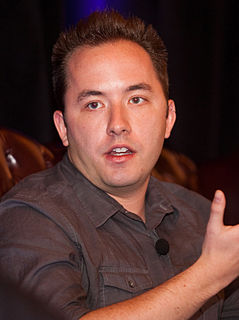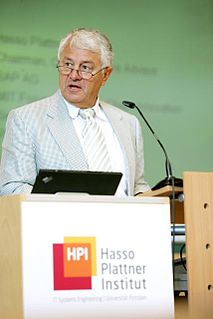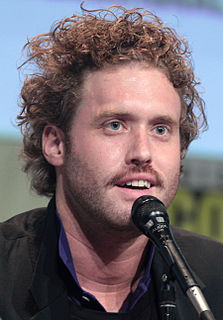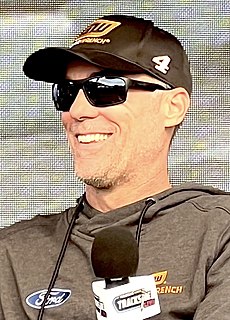A Quote by Drew Houston
Software touches all of these different things you use, and tech companies are revolutionizing all different areas of the world...from how we shop to how farming works, all these things that aren't technical are being turned upside down by software. So being able to play in that universe really makes a difference.
Related Quotes
When you develop software, the people who write the software, the developers are the key group but the testers also play an absolutely critical role. They're the ones who ah, write thousands and thousands of examples and make sure that it's going to work on all the different computers and printers and the different amounts of memory or networks that the software'11 be used in. That's a very hard job.
I learned everything by ear and played all the different instruments. So then I was able to find a guitar. That was, like, in the seventh grade. And then I didn't know how to put my fingers on all the different strings, so I had to figure out how to do it upside down and backwards, and I still play that way today.
I think what we need to do is to step back as a society and say okay, we've kind of turned things upside-down. We have moved away from the nuclear family, in which the man always works and the woman stays home. How are we going to rearrange things now? We've done the first part of the revolution, we've turned everything on its head, but we haven't figured out what structures will actually work in this new world.
The linebacker has to make multiple, multiple decisions on every play. Not only what his assignment is and what the play is, but all the way along the line, different angles, how to take on blocks, how to tackle, the leverage to play with, the angle to run to and so forth, the technique. So many different things happen in a split second during the course of the play, just like it is for a quarterback. The more of those things that you can do right, slow down, get the most important things, not get distracted by all the stuff that's happening, but just really zero in on a target.
I think when you have kids, it definitely makes you look at things from a different perspective, but I think that the biggest thing it's done is it's made me look at things from a different perspective from a professional standpoint in how you analyze things and how you look at things and how you react to things.
I'm not of the opinion that all software will be open source software. There is certain software that fits a niche that is only useful to a particular company or person: for example, the software immediately behind a web site's user interface. But the vast majority of software is actually pretty generic.


































